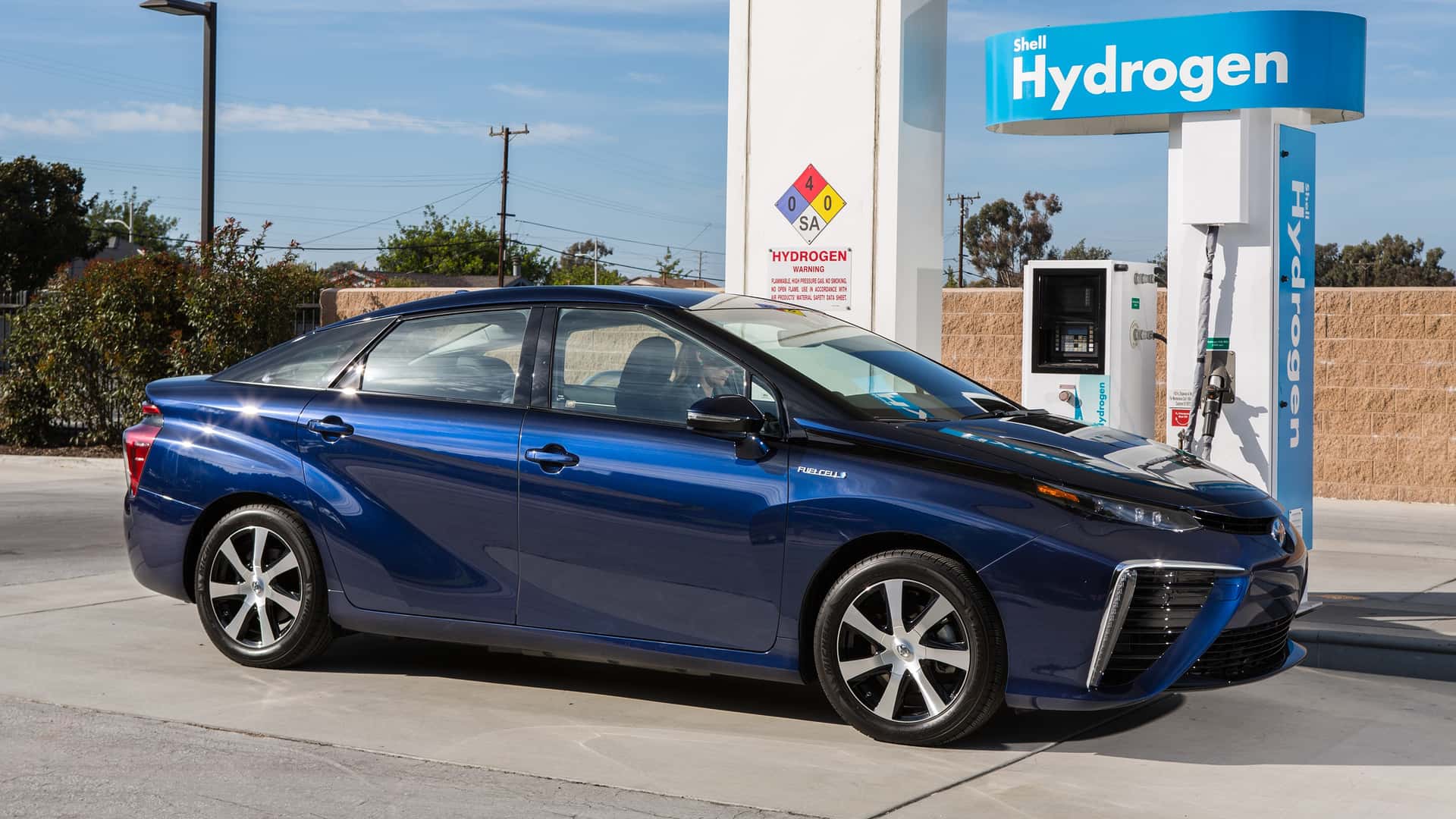Shell Is Immediately Closing All Of Its California Hydrogen Stations | The oil giant is one of the big players in hydrogen globally, but even it can’t make its operations work here.::The oil giant is one of the big players in hydrogen globally, but even it can’t make its operations work here. All seven of its California stations will close immediately.



Hydrogen will have an important role to play in the future of green energy simply because it’s a portable high density fuel, that doesn’t require a battery to work.
The trade-off is that hydrogen takes more energy to create, then you get back. That doesn’t make a lot of sense when you’re using fossil fuels, but it would in a future with significant amounts of excess green energy e.g. wind, solar, fusion, etc.
I’m not sure if you’re aware of this, but hydrogen fuel cell vehicles do have batteries. You can’t put energy captured from regen braking back into the fuel cell, so either you have a battery or you lose a third of your range.
Fuel cell EVs can’t be fitted with charging plugs for religious reasons.
I really need to hear that story.
It’s a joke about Toyota’s attitude towards hydrogen and batteries. Fuel cell EVs almost make sense as plug in hybrids, with 40 miles of battery range for daily use and the hydrogen system for longer trips, but that would be blasphemy against the holy fuel cell!
Toyota has developed Hydrogen ICE motors. So it doesn’t need to only be used as fuel cells.
Those things are absolute garbage in terms of efficiency. They are not viable.
The batteries we have today are absolute garbage in terms of efficiency…solar is free energy, hydrogen is the most abundant thing in the universe, and burns clean.
Battery technology that we have today is leagues ahead of liquid hydrogen ICE vehicles. You would need a trailer full of liquid hydrogen to get decent range. But that would not matter much because you would only get a fraction of the way through that tank before having to replace the fuel pump.
Engineering Explained has a few videos on the liquid hydrogen Corolla. It is only being looked at for race cars because of how quickly liquid hydrogen boils off.
https://youtu.be/DGL5g91KwLA
https://youtu.be/vJjKwSF9gT8
While I applaud Toyota for researching this avenue, I don’t expect much of it to be useful for the average commuter.
Here is an alternative Piped link(s):
https://piped.video/DGL5g91KwLA
Piped is a privacy-respecting open-source alternative frontend to YouTube.
I’m open-source; check me out at GitHub.
Did you even watch your own videos? First off some YT claimed engineer isn’t a legit source of doubt, second the fuel pump was being used during a 24 hour race… that’s like claiming that rubber tires require 3 sets during a endurance race and we should scrape rubber and go back to wood.
Hydrogen ICE is a legit tech and will be the future, unless they develop a cheaper, longer lasting and quicker charge battery. ICE is here to stay for a while. Batteries cannot do what they do.
Do you have to change your fuel pump that many times when driving for 24 hours? God I hope not. Even if that is fixed, you still have the issue of horrible range unless you want to tow a trailer of liquid hydrogen.
You might want to give some actual backing up your claims. Jason Fenske at least has a mechanical engineering degree which is certainly more than any sources you have cited.
Batteries are continually dropping in price. They also generally last 200-300k miles before they are down to 80-85% capacity. The only exception with that one is the Nissan Leaf which they decided to air cool. The quicker charging will be fixed with solid state batteries in the next 2-3 years.
Yes because I forgot how gas ice motors were getting 100mpg and 1000 mile ranges with all the comfort and reliability they have today…the tech is in its infancy. Battery breakthroughs have not exactly been great we’re still using the same design that’s decades and decades old. Until you get a new battery, that’s got better range, quicker charging and doesn’t require super charging stations and is also able to be run in industrial equipment on a daily basis. ICE motors are not going anywhere.
“Doesn’t require a battery to work” is a fairly meaningless upside when it does require a fuel cell, a moisture exhaust, and a cannister of compressed, flammable gas.
So much simpler than a brick holding the energy already in the form you need it in that can return it to the parts that need it at several times the efficiency, right?
I genuinely don’t get the arguments that hydrogen is simpler or more universally compatible when it’s very easy to see it isn’t